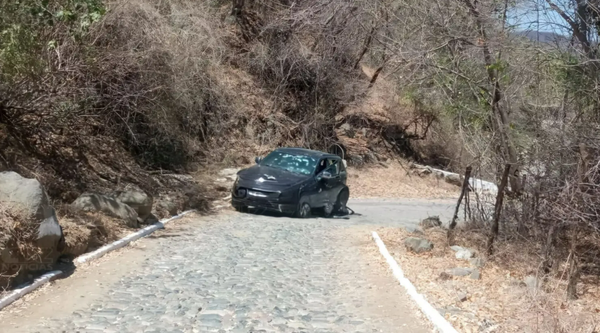
This piece is part four in a series. For the full series go here.
Justice Dyson Heydon has been at the very top of the law — but does that mean he is above the law?
One can only imagine the judge’s reaction to being asked to account to a mere creature of the bureaucracy for his behaviour. Vivienne Thom might have held the most senior and sensitive posts in the federal government but what is that against Heydon, the eminent jurist and legal scholar of international renown?
In the end Heydon didn’t cooperate with the inquiry into complaints of sexual harassment carried out by Thom and ordered by the Chief Justice of the High Court, Justice Susan Kiefel. Thom’s inquiries found that the six women who made complaints — and subjected themselves to the investigation process — were to be believed.
The personal toll of taking part in the inquiry will have been immense, as young women at the beginning of their careers were forced to bare their souls and relive scarring, life-changing experiences to a government investigator. Yet Heydon leveraged his decision not to be interviewed as a legal justification to negate the validity of the process, insisting — querulously — that only one side of the story had been heard.
He has never answered any questions publicly either. Hiding behind his legal team he simply refuses to comment on questions from the media, notwithstanding the extreme public interest in issues raised when a High Court justice is found to have brought the court into disrepute.
Heydon’s only comment has been via a lawyer’s statement provided to The Sydney Morning Herald in which he denied “emphatically” any allegation of sexual harassment or “any offence”.
The statement otherwise complained that he had been unable to confront the women or to cross-examine them. He quibbled with the status of the investigation, pointing out that it was conducted without having statutory powers of investigation and of administering affirmations or oaths.
Playing with words, Heydon attempted to reduce the finding to dust.
Yet everyone else knew exactly what Thom’s investigation meant. Labor said he should be stripped of his Order of Australia. The prime minister said it should be referred to the council of the Order of Australia for it to consider action.
And that’s where it has stopped.
The council — which advises the governor-general — very politely but consistently refuses to comment. The governor-general has failed to address it. Yarralumla has been silent as a tomb. On this issue it has elected to adopt the monarch’s privilege of declining to answer public criticism.
And the silence is complete. Crikey has contacted individual members of the council, past and present, only to be told that “the protocol” is for all questions to be answered by the governor-general’s office. The governor-general’s office then says it doesn’t comment on individual cases. Rinse, repeat.
There is a provision for cancelling honours. The regulations which govern the Order of Australia envisaged rightly that information may later emerge on a recipient which would justify removing the award. Call it the “if we knew then what we know now” clause.
Would Heydon be given an Order of Australia today, knowing what we know now? It would seem inconceivable. Yet there is no action.
The real power behind Australia’s honours system is Shane Stone AC QC. Stone has been chairman of the council of the Order of Australia since 2018, having been first appointed to the council as a community representative by then-prime minister Tony Abbott. He is a former president of the Liberal Party and has lately become the go-to flood and fire crisis nabob for Scott Morrison.
The chairman has previously enunciated what we might call the “Stone Doctrine” in the face of calls to strip awards from broadcaster Mike Carlton and social commentator Bettina Arndt.
Stone has said an individual needs to have been convicted of a crime or offence under the law, received a civil penalty under the law, or been subject to an adverse finding by a court, tribunal or other body exercising judicial or administrative power under the law and that the judicial process needs to be “exhausted”.
The definition serves a purpose by being clear and avoiding decisions on culture war grounds.
But in the Heydon case it comes up short. It fails to recognise the rigorous investigative process, the array of facts which have led to the findings against him, as well as the undeniable moral force of the case against Heydon.
In doing so it rewards the celebrated black letter lawyer with a black letter interpretation of justice and pretends that there is no social contract underpinning the credibility of the honours system.
And still Yarralumla persists in its silence, in effect continuing its endorsement of the judge over the women he harassed.







